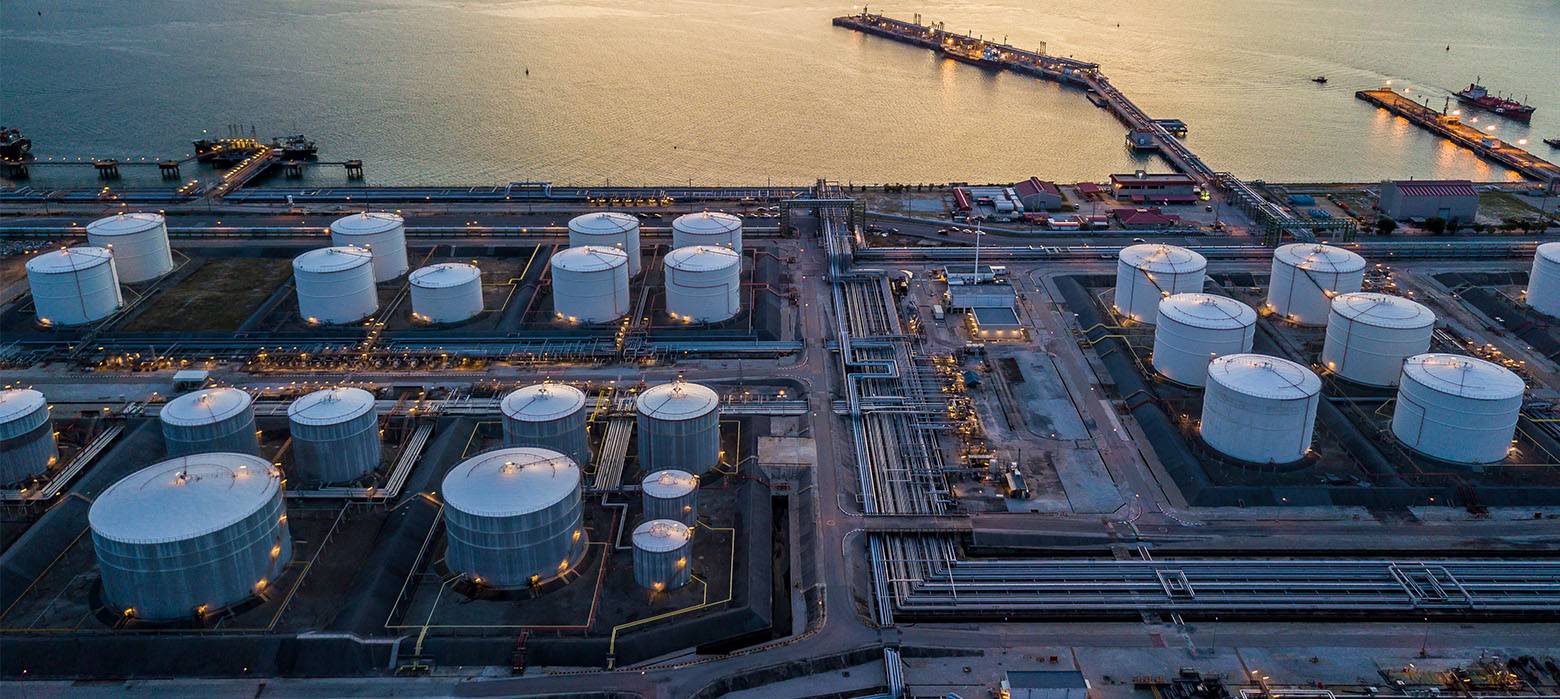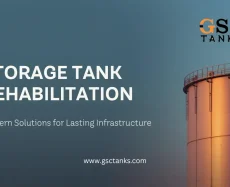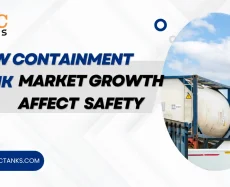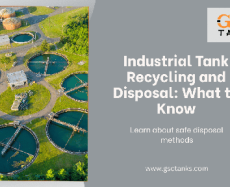
- admin
- February 28, 2024
Unlock the Secrets: Mastering Chemical Storage Tanks for Safety and Success!
Chemical storage tanks play a crucial role in various industries, from manufacturing to agriculture and beyond. These tanks are designed to safely store and handle a wide range of chemicals, ensuring the protection of workers, the environment, and surrounding communities. In this comprehensive guide, we’ll delve into the intricacies of chemical storage tanks for safety, exploring their types, materials, regulations, and best practices.
Types of Chemical Storage Tanks:
- Aboveground Storage Tanks (ASTs): These tanks are typically installed above the ground and are used for storing large volumes of chemicals. ASTs come in various shapes and sizes, including cylindrical, rectangular, and spherical designs.
- Underground Storage Tanks (USTs): USTs are buried underground and are commonly used for storing hazardous chemicals. They are often made of corrosion-resistant materials to prevent leaks and contamination of soil and groundwater.
- Double-Wall Storage Tanks: These tanks feature an inner and outer wall, providing an additional layer of protection against leaks and spills. Double-wall tanks are commonly used for storing corrosive or hazardous chemicals.
- Vertical and Horizontal Tanks: Chemical storage tanks can be installed vertically or horizontally, depending on space constraints and specific application requirements.
Materials Used in Chemical Storage Tanks:
- Polyethylene (PE): PE tanks are lightweight, corrosion-resistant, and suitable for storing a wide range of chemicals. They are commonly used for storing acids, alkalis, and other corrosive substances.
- Fiberglass Reinforced Plastic (FRP): FRP tanks are durable, non-corrosive, and resistant to extreme temperatures. They are ideal for storing chemicals such as acids, solvents, and caustics.
- Stainless Steel: Stainless steel tanks offer excellent corrosion resistance and can withstand high temperatures and pressures. They are commonly used for storing corrosive chemicals and pharmaceuticals.
- Carbon Steel: Carbon steel tanks are cost-effective and suitable for storing non-corrosive chemicals. However, they require regular maintenance and corrosion protection measures.
Regulations and Compliance:
Chemical storage tanks are subject to various regulations and standards to ensure safety and environmental protection. These regulations govern tank design, installation, maintenance, and inspection procedures.
Best Practices for Chemical Storage:
- Proper Ventilation: Ensure adequate ventilation to prevent the buildup of toxic fumes and vapors inside the tank.
- Secondary Containment: Implement secondary containment measures, such as dikes or berms, to contain spills and leaks.
- Regular Inspection and Maintenance: Conduct routine inspections and maintenance to detect and address any issues promptly.
- Labeling and Documentation: Clearly label chemical storage tanks with the contents, hazards, and emergency contact information. Maintain detailed documentation of chemicals stored, quantities, and storage conditions.
Chemical storage tanks are essential for safely storing and handling hazardous substances in various industries. By understanding the different types of tanks, materials, regulations, and best practices, organizations can ensure the proper management of chemicals and protect the health and safety of workers and the environment.
- Chemical Storage Tanks
- Chemical storage Tanks Installation
- Chemical Storage Tanks with Secondary Containment
Category
- Above Ground Fuel Tanks
- Above Ground Gas Storage Tank
- Above Ground Storage Tanks
- Above Ground Water Storage Tanks
- Agricultural Tanks
- Chemical storage Tanks
- Diesel Fuel Storage Tanks
- Diesel Storage Tanks
- Exernal FloatingRoof Tanks
- Farm Water Tank
- Fiberglass Oil Tanks
- Fiberglass Septic Tanks
- Fiberglass Tanks
- Fiberglass Underground Fuel Storage Tanks
- Field Erected Tanks
- Floating Roof Tank
- Food and Beverage Tanks
- Fuel tank
- Industrial Chemical Storage Tanks
- Industrial Gas Tanks
- Industrial Hot Water Storage Tanks
- industrial hot water tank
- Industrial Plastic Tanks
- Industrial Storage Tanks
- Industrial Tank heating pads
- industrial tanks
- Natural gas
- Natural gas vs Propane
- oil storage tank
- Oil Storage Tanks
- Peracitic Acid
- Petroleum Tanks
- Residential gasoline storage tanks
- Residential Water Storage Tanks
- Sodium Hydroxide Storage Requirements
- Sodium Hypochlorite Storage Tanks
- Steel Storage Tanks
- storage tank failure prevention
- Storage Tanks
- Sulfuric Acid Tanks
- Uncategorized
- UnderGround Storage Tanks
- Waste water tank
- Water Storage Tanks

 Tank Size Calculator
Tank Size Calculator






